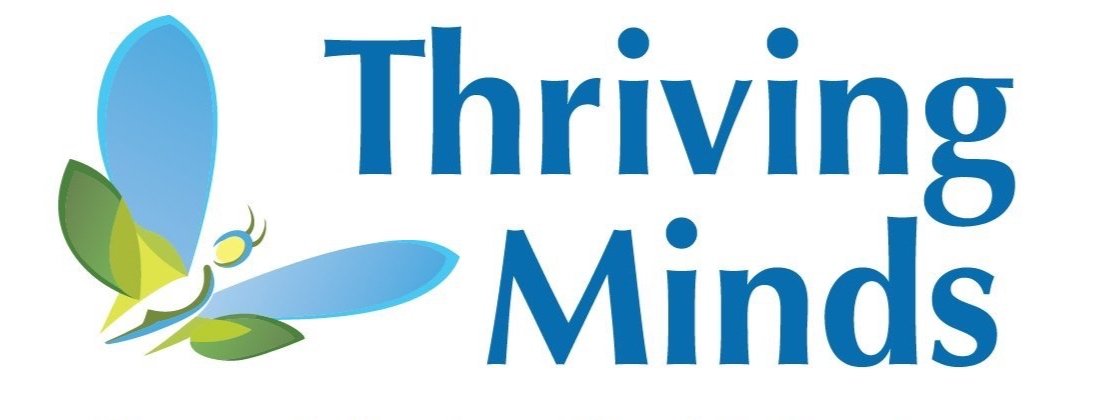“Be an informed consumer; don’t be afraid to seek a therapist that is a good fit for your family.”

Seeking help can seem overwhelming, but it can be the best thing you can do for your family’s well-being. To find the right therapist, it is important to be an educated consumer and to look for three main criteria in a therapist:
1. Relationship
A therapist who can build a positive relationship with you and your child/adolescent..
2. Research-based
A therapist who practices research-based, effective treatment strategies such as behavioral therapy and cognitive-behavioral therapy.
3. Experience
A therapist who has experience treating the relevant age group and concerns.
New patients - call (734) 433-5100 for our new patient intake administrator, Nancy Grau!

Working With Our Team
The first step to accessing services at our clinic is an initial consultation with one of our clinicians. This 90-minute consultation will consist of obtaining information about your concerns and your child’s history/background. This will allow the clinician to determine if our clinic is the best fit for your family.
If Thriving Minds can best serve your family, your child will be placed on our waitlist and we will provide you with recommendations and resources to utilize while you wait for your child’s first appointment. If your child will be better served at another clinic, we will provide you with appropriate referrals and resources.
You will be asked to fill out paperwork online prior to the initial consultation (a link will be sent to you by email). All paperwork can be discussed with your therapist.
Child Psychotherapy
When beginning therapy, our main goal is to develop a positive relationship with your child. This is important because a good therapeutic relationship affects a child’s motivation and participation in therapy. The first few sessions truly set the stage for the success of the intervention!
Many treatments require one session per week for 20 weeks, but this differs for each child and presenting concern. Your therapist will be able to give you a good idea of treatment progress and timeline after a few sessions with your child. Additionally, most treatments are active and involve practice outside of therapy sessions, so “homework” may be assigned to encourage use of learned skills during the week.


